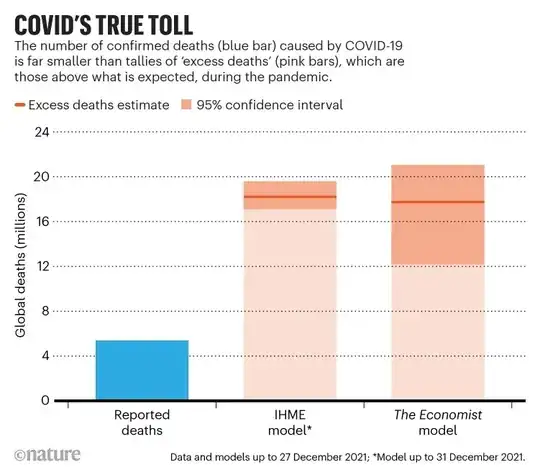The claim's specificity is probably not rock-solid, but the idea that fossil fuels kill huge numbers of people annually is sound.
I'm assuming McKibben was relying on this study from Harvard University published in Environmental Research, which provides a point-estimate of deaths from sub-2.5 micron particulate matter emissions of 8.7M deaths per year. Rounding that off produces a 9M/year estimate.
It's important to note that the study itself identifies some pretty dramatically wide 95% confidence intervals (including negative values - which would represent air pollution actually prolonging people's lives by preventing their death... lol). The real number could be 0 or as high as 14M deaths per year.
That study does a good job at improving on the existing methodology for modeling - and typing - air pollution. In particular, it focused on filling in gaps left by studies that generally use satellite data because satellites can't tell if a given bit of PM2.5 came from fossil fuels, agriculture, or folks cooking over campfires. Those corrections produced a big jump in the numbers of deaths attributable to fossil fuels, in no small part because it's able to examine the intersection between burning of large amounts of fossil fuels and high population densities associated with urban centers - particularly in China. (There's a whole section in the study devoted to the work China has been doing to get it's air pollution under control, and incorporating that tightens the 95% CI considerably).
There's also some amount of rhetorical license due to McKibben since fossil fuels are a century+ old energy paradigm, and COVID-19 is both recent, and being swiftly studied and adapted to. In a given year, have fossil fuels killed exactly thrice as many people as COVID-19? Estimates of that specificity aren't really possible.
But in the long run, fossil fuels' body count makes a mockery of COVID-19, for sure.
It's also important to note that this is ONLY considering deaths from PM2.5 exposures. Fossil fuels kill in a dizzying variety of ways from mining accidents (coal mining has gotten a lot better since its inception, but it's still a dangerous business, as is oil drilling), climate impacts, political factors (it's not entirely unreasonable to lay casualties of wars fought over oil fields at the feet of fossil fuels, etc).
Most of these numbers are unknown, many unknowable, and apportionment and attribution is rife with philosophical issues.
But we know enough to know that fossil fuels are bad.
